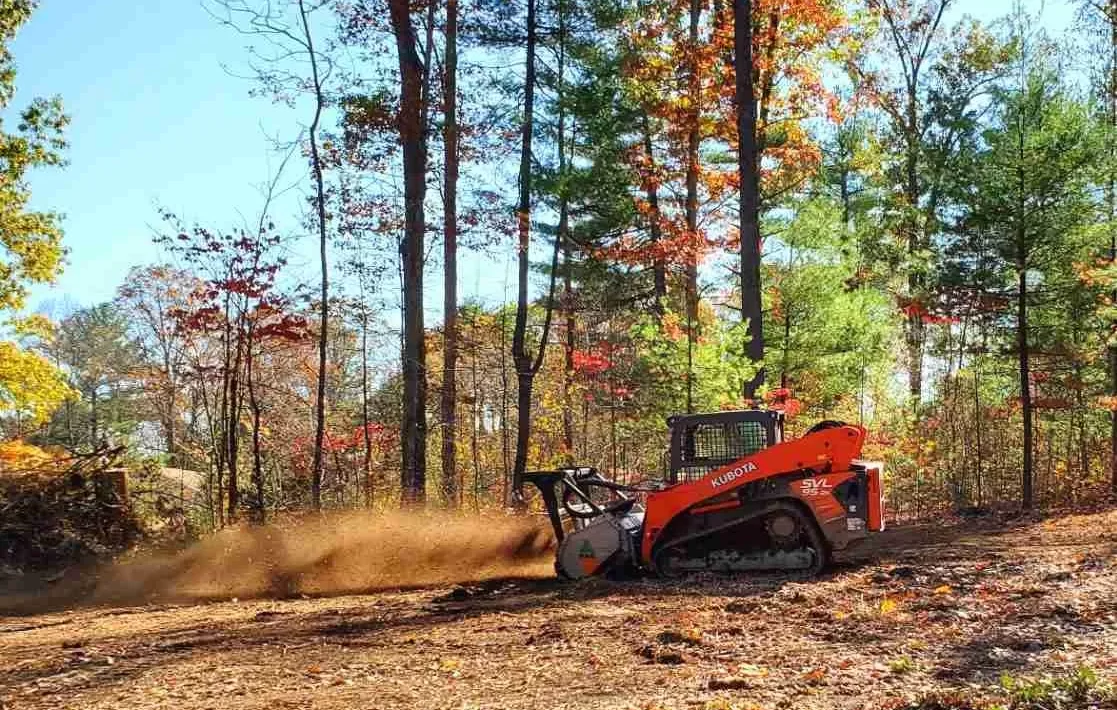Proper land management practices play a pivotal role in preserving and restoring the health of our environment. Adopting eco-friendly approaches is essential with the growing climate change and biodiversity loss concerns. This blog will explore effective tips for eco-friendly land management, enabling us to contribute to a more sustainable future.
Native Plant Restoration
Restoring native plants is crucial for enhancing biodiversity and creating a balanced ecosystem. By planting indigenous species, we can provide food and shelter for local wildlife while reducing the need for excessive watering and chemical fertilizers.
Rainwater Harvesting
Implementing rainwater harvesting systems can significantly reduce water consumption, especially in agricultural and landscaping practices. Collecting and storing rainwater in barrels or tanks can be used for irrigation, reducing reliance on freshwater sources.
Organic Farming
Embracing organic farming eliminates synthetic pesticides and fertilizers, preventing soil contamination and minimizing harm to surrounding ecosystems. Organic practices promote soil health, increase carbon sequestration, and protect pollinators and other beneficial organisms.
Composting
Composting is a simple yet effective way to reduce waste and enhance soil fertility. By composting organic materials such as kitchen scraps and yard waste, we can divert waste from landfills and create nutrient-rich soil amendments that nourish plants naturally.
Integrated Pest Management (IPM)
IPM strategies focus on minimizing the use of chemical pesticides by employing a combination of techniques such as crop rotation, biological controls, and trap cropping. This approach promotes natural pest control and reduces the environmental impact of traditional pesticide use.
Soil Conservation Techniques
Implementing soil conservation techniques, such as contour plowing, terracing, and cover cropping, helps prevent soil erosion and nutrient loss. By maintaining healthy soils, we can foster plant growth, improve water retention, and mitigate the negative effects of erosion on nearby water bodies.
Water-efficient Irrigation
Investing in water-efficient irrigation systems like drip irrigation or micro-sprinklers can significantly reduce water waste by delivering water directly to plant roots. Using water efficiently conserves this precious resource and minimizes runoff and soil erosion.
Renewable Energy Integration
Renewable energy sources, such as solar panels or wind turbines, can provide clean and sustainable power for land management operations. Reducing reliance on fossil fuels minimizes greenhouse gas emissions and promotes a healthier environment.
Wildlife Conservation
Creating wildlife habitats within land management areas is vital for supporting biodiversity. Planting native vegetation, providing nesting areas, and preserving natural features can help sustain wildlife populations and maintain the ecological balance of the ecosystem.
Responsible Chemical Use
When necessary, opt for environmentally friendly and low-toxicity alternatives to conventional chemicals. Carefully read labels, follow instructions and dispose of chemicals properly to minimize their impact on the environment and surrounding ecosystems.
Conservation Easements
Consider placing conservation easements on your property to protect critical habitats, wetlands, or endangered species. This legal tool helps preserve natural areas and prevents future development that could harm sensitive ecosystems.
Wildlife Monitoring
Regularly monitoring wildlife populations and their habitats allows land managers to make informed decisions and promptly identify potential issues. Monitoring helps ensure that land management practices align with the needs of local wildlife and conservation goals.
Sustainable Timber Harvesting
When engaging in timber harvesting or forestry practices, adopt sustainable approaches such as selective logging and reforestation. Forest management plans prioritize long-term ecological health and regeneration to help maintain forest biodiversity and carbon sequestration.
Forestry Mulching
Forestry mulching is an eco-friendly land management technique that involves grinding trees, brush, and vegetation into mulch, then spread back onto the ground. This process helps control vegetation growth, reduce soil erosion, and enhance nutrient cycling. Forestry mulching in Leesburg also eliminates the need for burning or hauling debris, minimizing air pollution and carbon emissions.
By implementing these eco-friendly land management tips, we can contribute to the preservation and restoration of our environment.




